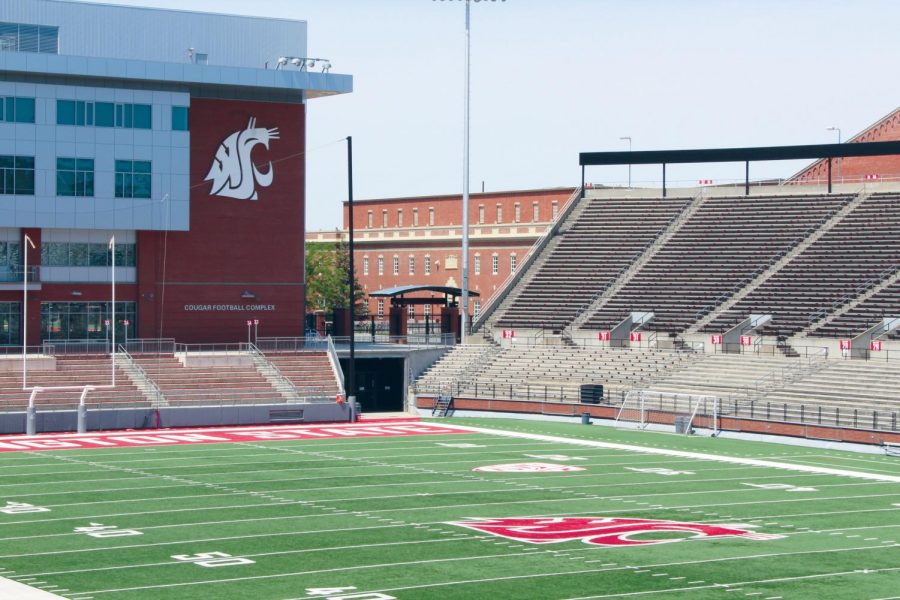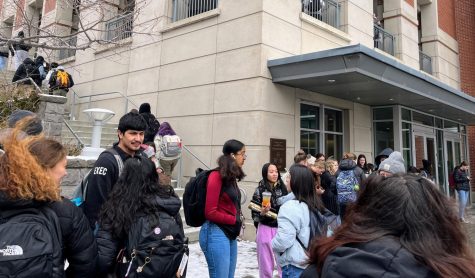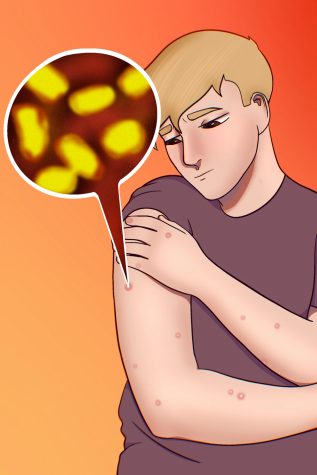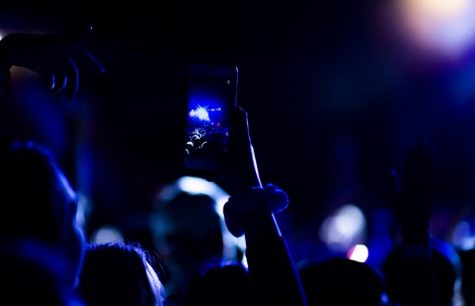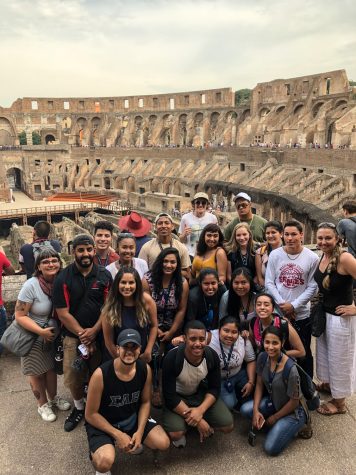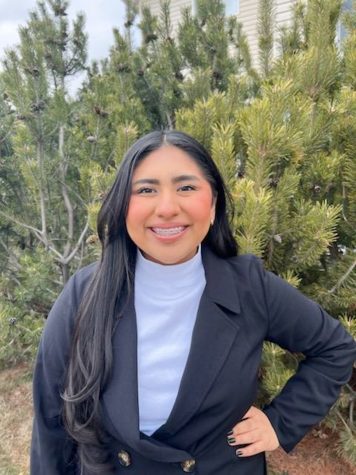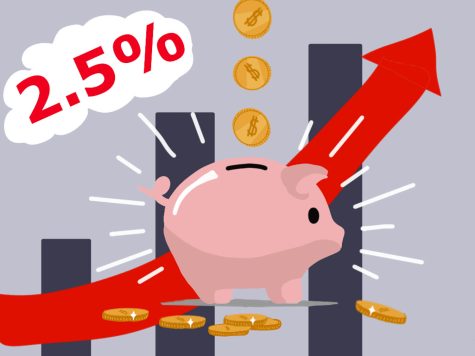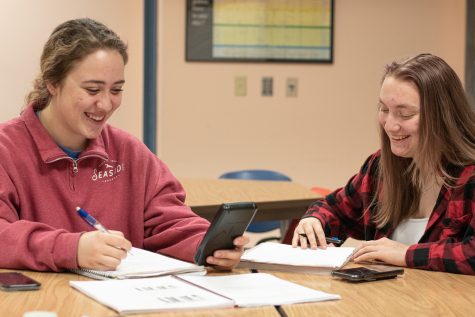In-person sporting events could increase COVID-19 transmission
Risk comes from visitors intermixing with students; aerosolized droplets can be spread at games
DOMINIQUE STEWART | DAILY EVERGREEN FILE
In-person sporting events can bring large numbers of people to travel to town to watch them, which is a concern with COVID-19.
November 13, 2020
WSU researchers are using mathematical modeling to understand the spread of COVID-19 associated with in-person college sporting events, which can be high-risk even if the virus is well controlled within a college town’s population.
The concern with in-person sports is not the games themselves, but the large number of people who travel to town to watch and socialize, said Eric Lofgren, assistant professor in WSU’s Paul G. Allen School for Global Animal Health.
“We don’t just model the game,” Lofgren said. “We model visitors visiting for a whole weekend.”
The spread of COVID-19 from games depends on how well the campus community and the visiting population control the viral spread, he said.
Even if both populations had the virus controlled and did not intermix, the number of COVID-19 cases in the student population could increase by 25 percent, said Katelin Jackson, graduate research assistant in Lofgren’s lab.
If the student population had the virus controlled but the visitors came from high-transmission areas and there was a lot of intermixing, that case count could increase by over 800 percent, Jackson said.
Visitors who come for games tend to also go to tailgates, sports bars and house parties, which have a lot of contact between individuals in close proximity. This makes them especially high-risk when it comes to spreading COVID-19, Lofgren said.
Cheering, yelling and talking loudly, which are associated with sporting events, can spread more aerosolized droplets than normal speaking, Jackson said.
“The more you talk, the louder you talk, the more energetic you’re talking — that’s when you’re spewing out COVID-19,” she said.
Their modeling does not take into account other interactions between populations, such as between students and players at the game or students and members of the college town community, she said.
Lofgren said not having in-person visitors could bring WSU closer to having students back on campus for class and having a regular football season.
“Everything we can do to bring this under control gets us closer to having the things we want,” he said. “What are we willing to give up in order to protect things we might want more?”


